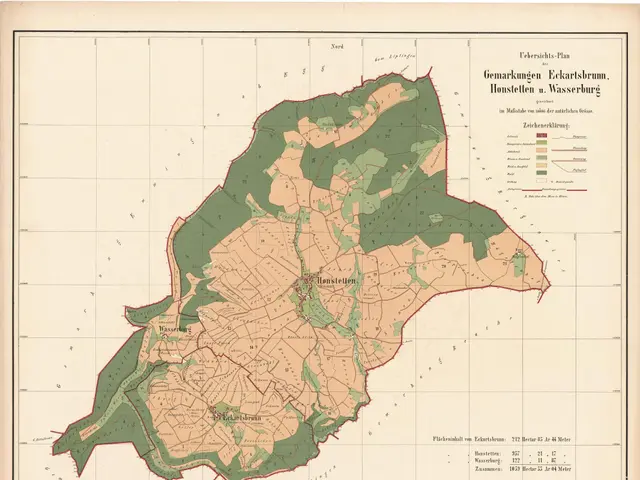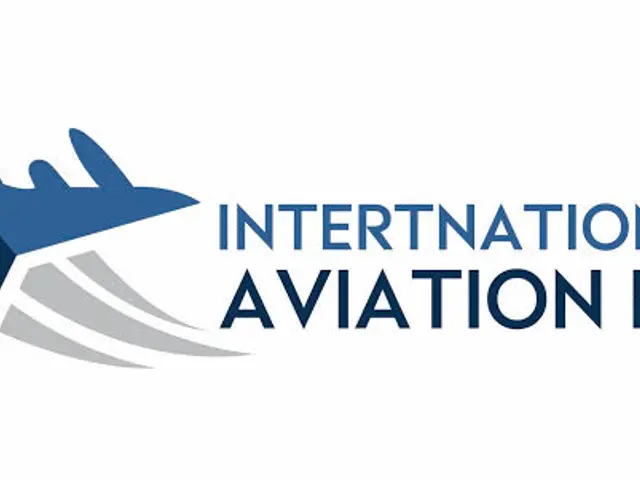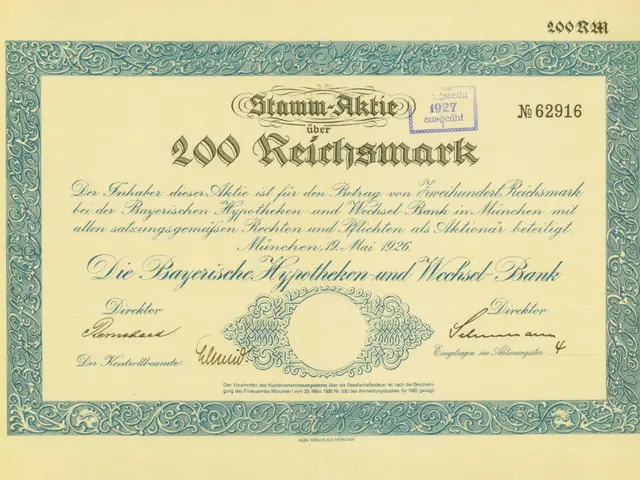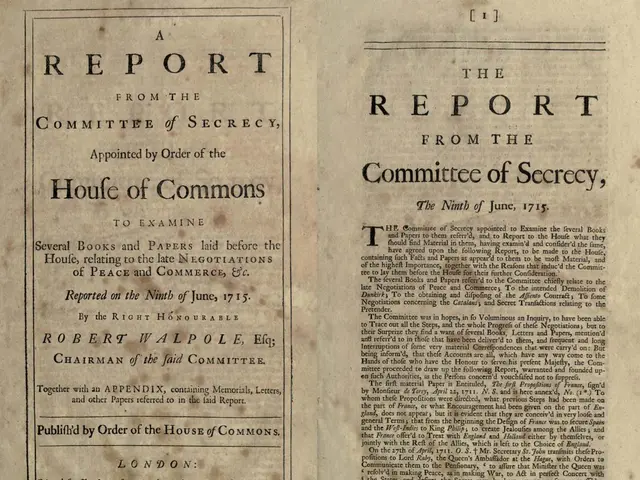Push for Symbiotic Progress and Green Living Practices
Ceaselessly pursuing a sustainable cocoa farming livelihood, Nguyen Dinh Thien planted his initial 100 cacao trees in 2007. As years marched on, the farm's expanse stretched to nearly 500 trees, but the capricious market often threatened Thien's arduous success. He required more than just dogged determination; he needed guidance from agricultural experts and allies in industry to traverse unpredictable bouts of market instability.
Fast-forward to 2012, Thien, alongside fellow farmers, made a move to establish a collective: the Đông Tiến Cooperative in Eakar District, Central Highlands province of Đắk Lắk. "Predominantly, the market was volatile and committed purchasers were scarce, with prices fluctuating erratically," stated Thien, who also serves as the cooperative's head. This tumultuous landscape transformed with the arrival of the cooperative and the onset of business partnerships.
"The primary reason behind our farm's consistency is the connection with businesses for guaranteed purchases and consumption," Thien declared. "This tripartite collaboration, extending from the production source, ensures origin traceability." Thien prophesied that in 2025, the fresh cocoa beans' price exceeded VND80,000 (US$3) per kilogram, with the price surging even further due to subsequent contracts the cooperative sealed with major European consumption markets.
The cooperative boasted a cultivated area of 120ha, yielding approximately 300 tonnes of cocoa beans. They primarily dispatched cocoa - whether whole buds, fresh beans, or fermented cocoa - to Puratos Grand-Place Indochina (PGPI) and Maison Marou.
PGPI, a partnership between Puratos Group and Grand-Place Holding, traced its roots to Belgium and debuted its Việt Nam investment over 20 years prior. Maison Marou, a premium chocolate company located in Hò Chí Minh City, launched in 2011 by Samuel Maruta and Vincent Mourou.
Farmer Nguyễn Đình Thiên, head of Đồng Tiến Cooperative in Eakar District, in the Central Highlands province of Đắk Lắk. VNS Photo Nguyễn Khánh Chi
Sage Advice
In addition to secure purchasing commitments, the 80 member households of the cooperative received technical training from numerous entities, including the Đắk Lắk-based Community Development Centre, Helvetas, and even their main buyers like Puratos.
"Our shift towards sustainable and circular practices is driven by the necessity for European-approved products and the requirement for reduced CO2 emissions," Thien attested with resolve.
"As head of the cooperative, I actively seek training to ensure our products meet export and local standards – the golden standard – and meet any other qualifications that prioritize the welfare of the cooperative."
A staff member from Puratos (left) is providing cocoa tree-tending techniques to a local farmer in Đắk Lắk Province. Photo courtesy of Puratos Grand-Place
In the event a single farmer's shipment failed to meet European standards, the entire export could be rejected.
"The European standards enforcement challenges consist of uniquely numbered cultivation area codes, meticulous compliance with prescribed cultivation methods, and the clear identification of each farm plot/orchard," Thien shared.
"Presently, when products reach the end consumer, they feature a code revealing the origin of the shipment."
A Puratos representative assisted farmers with cacao cultivation and upkeep. "Supporting projects are first implemented, followed by offtake agreements to ensure the purchase of products at a guaranteed minimum output price. Simultaneously, there exists a seedling support program, executed in tandem with third parties," said Anh Thuản, our website Cocoa purchasing manager at Puratos Grand-Place Indochina.
Cocoa beans are fermented at a Puratos facility in the Central Highlands province of Đắk Lắk. VNS Photo Khánh Chi
Puratos granted technical support through a dedicated team, with staff assigned to each locality and province. Farmers could reach out to them through multiple channels to address questions related to crop yield, pest or disease management, and other concerns.
Beyond technical support, Puratos spearheaded an annual 'Chocolate Bonus' program for farmers based on the quantity of their output sold to the company. Furthermore, the Cacao Trace scheme serves as a sustainable cocoa sourcing initiative led by Puratos General Director Gricha Safarian.
Tracing its roots back to a resounding chocolate supply chain distribution concern – the highly skewed profit distribution – Cacao Trace aimed to create distinctive chocolate products with superior taste, which could subsequently fetch a higher price on the market than other chocolate brands.
The substantial profit difference was redistributed back to the farmers, ensuring they received substantial bonuses, surpassing typical profit shares in the chocolate and cocoa supply chain.
Đồng Đạo Dũng (right) is speaking about the organic farming techniques for local residents in Cầu Giấy District, Hà Nội. VNS Photo Khánh Chi
When Puratos procured cocoa beans, manufactured chocolate, and sold it across European and Asian markets, the company allocated a portion of the profit to share back with the farmers.
"This is a symbolic token expressing gratitude to our customers for their support," Thuản explained. "We send this gratitude via financial compensation provided to the farmers on behalf of the customers." Bonuses are typically awarded annually in June, with the 2024 allocation reaching approximately $3.58 million globally, with Vietnam garnering around $110,000.
For farmers like Thien, who sold one tonne of roasted cocoa beans to Puratos, he received a bonus of VND3.6 million (nearly $140) in 2024 alone. Besides training on cultivation techniques and traceability, Thien continues to expand his knowledge of techniques for processing cacao by-products – a by-product issue of considerable significance.
Organic Enlightenment
A consumer scans QR code for traceability of carrots grown by Đồng Sương Cooperative. VNS Photo Khánh Chi
In Ha Noi, lecturer Duong Daoco Duong couldn't contain his enthusiasm when receiving sealed bags of organic vegetables nurtured by farmers in Hoà Bình Province, directly delivered to households in Cầu Giấy District, Ha Noi. "Over the course of a 12-year journey, our collective vision has solidified, as we have joined forces with farmers to transform their mindset towards chemical-free production," Duong declared. Transforming mindsets, laying groundwork for sustainable agricultural practices, required intimate collaboration with farmers themselves and a considerable amount of persistence and struggle.
"Traditional farming practices demanded the use of pesticides, with some farmers harboring skepticism towards organic farming initially," Duong concurred. "It took us a whole year of training and analysis to demonstrate the scientific and technical inaccuracies in their approaches, gradually raising awareness about health hazards and underscoring the need for change."
Duong praised the shift towards green practises, stating, "Organic farming inherently entails lower yields because farmers no longer use pesticides, leading to increased pest infestations. Even when quality standards are met, labor demand rises exponentially, as farmers must manually eliminate pests."
Đông Sương was among the three cooperatives that successfully adopted the Participatory Guarantee System (PGS) in nurturing organic farms. The PGS certification granted to farmers who adhered to the proper procedures and regulations for organic production under PGS standards indicates the integration of small-scale farmers in the organic agricultural production process.
"Our organic farming endeavors involve collaboration among Vietnam's scientists and international experts from Spain, Japan, and Switzerland," shared Duong. "They have helped us address persistent issues, offering training and technical support, and in turn, we cultivate partnerships for market access."
Remarkably, technology has empowered farmers through the introduction of traceability systems that seamlessly align with customer preferences – traceability through simple QR codes adorning each bag of vegetables. Notably, this strategy incorporates the Denmark-based TraceOne traceability system for organic agriculture, emphasizing the use of digital technology in agriculture's environmental footprint reduction and enhancement of traceability.
A crucial element in sustainable agriculture lies in the evolution of the fertilizer industry. Dr. Phung Ha, Chairman of the Fertiliser Association of our website, highlighted the need to diminish GHG emissions in the agricultural sector and promote the development of next-generation fertilisers, organic solutions, and biotechnology. "By implementing these advancements, we can safeguard the environment while enhancing productivity," asserted Ha.
The Institute of Green Technology and Center for Development and Integration, under the guidance of Director Mai Quang Vinh, invited attention to the role of science, technology, and institutional frameworks in the green and digital transformation of the agroforestry sector. His suggestions put forth the need for the General Council of Agriculture and Rural Development our website to bolster awareness and practical application of green transformation among cooperatives. Simultaneously, he advocated for ministries and relevant agencies to establish mechanisms for promoting technological application, achieving net zero standards, certifying carbon credits, and implementing eco-labelling practices.
In the face of Việt Nam's growing calls for combating climate change and international integration ambitions, incorporating sustainable agricultural practices and products is essential for both local and global success. The National Organic Agriculture Development Project, stemming from practical realities, seeks to enhance the value of agriculture, promote sustainable development, and position our websiteese agricultural products on the global agricultural map.
- Farmers like Nguyen Dinh Thien in the Đông Tiến Cooperative faced volatile markets and scarce committed purchasers, with prices fluctuating erratically.
- The primary reason behind the farm's consistency is the connection with businesses for guaranteed purchases and consumption, ensuring origin traceability.
- The Đông Tiến Cooperative received technical training from numerous entities, including agricultural experts and their main buyers like Puratos, as part of a shift towards sustainable and circular practices.
- Thien actively seeks training to ensure the cooperative's products meet export and local standards, as European-approved products and reduced CO2 emissions are necessary.
- In the event a single farmer's shipment fails to meet European standards, the entire export could be rejected.
- Puratos spearheads an annual 'Chocolate Bonus' program for farmers, based on the quantity of their output sold to the company, and leads the Cacao Trace scheme – a sustainable cocoa sourcing initiative.
- When Puratos allocates a portion of the profit from selling chocolate, it sends this gratitude via financial compensation to the farmers, who often receive bonuses surpassing typical profit shares in the chocolate and cocoa supply chain.
- Organic farming in Vietnam requires collaboration among scientists, international experts, and farmers to transform mindsets towards chemical-free production, raise awareness about health hazards, and address persistent issues with training and technical support.
- The Institute of Green Technology and Center for Development and Integration emphasizes the role of science, technology, and institutional frameworks in the green and digital transformation of the agroforestry sector, suggesting the need for ministries and relevant agencies to establish mechanisms for promoting technological application, achieving net zero standards, certifying carbon credits, and implementing eco-labelling practices.






